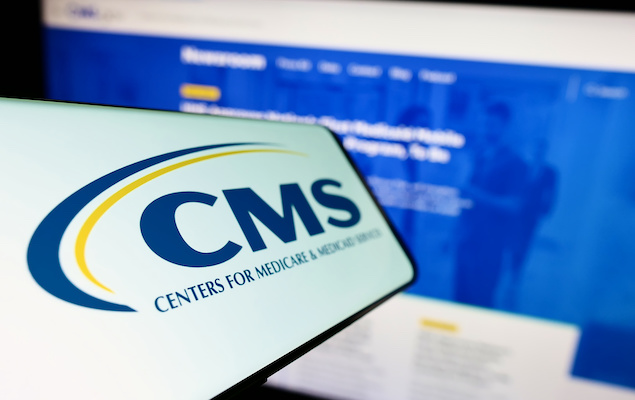Take action on rural oral health, ADA urges
Association calls for support of workforce strategies in federal program

The ADA expressed support for the federal government’s focus on rural health and urged the Centers for Medicare and Medicaid Services to recognize state-led strategies that expand the oral health workforce while maintaining high standards of care.
In Oct. 3 comments responding to recent guidance on the rural health transformation program, ADA President Brett Kessler, D.D.S., and Interim Executive Director Elizabeth Shapiro, D.D.S., J.D., highlighted critical access issues in rural areas and offered evidence-based workforce solutions for consideration in future funding rounds.
Rural areas have 32.7 dentists per 100,000 people, compared to 64.7 in urban areas, according to an August report from the ADA Health Policy Institute.
“This gap has been increasing for more than two decades and may continue to do so as younger dentists gravitate toward urban areas,” the study noted.
In addition to dentist shortages, dental offices continue to struggle hiring hygienists. HPI's most recent data shows that 91.7% of practices seeking hygienists found recruitment to be “very” or “extremely” challenging — figures that have remained high for several years.
Among the strategies presented in Drs. Kessler and Shapiro’s letter is support for the oral preventive assistant role, which are dental assistants with advanced training who perform coronal scaling and polishing under a dentist’s supervision. Kansas has allowed this practice since 1998, and in 2023 Illinois began allowing assistants to perform scaling above the gumline on certain pediatric patients. Arizona enacted legislation allowing oral preventive assistants earlier this year, and a pilot program in Missouri has shown promise. An interim report from Missouri in July 2025 noted high patient satisfaction surpassing ratings for dentists and hygienists, according to the letter.
The ADA also encouraged recognition of pathways for foreign-trained dentists to become licensed dental hygienists, where consistent with state law and oversight. States including Massachusetts and Connecticut enacted such legislation in 2025, joining Florida.
The Association further urged CMS to consider participation in the Dentist and Dental Hygienist Compact as a positive technical factor. Twelve states have joined the compact, which supports license portability across state lines.
“These requests would help states deploy vetted, safety-focused workforce strategies while preserving state authority over licensure, supervision, and standards of care. The ADA stands ready to provide [Health Policy Institute] data and technical assistance as CMS evaluates future [rural health transformation program] funding rounds,” Drs. Kessler and Shapiro wrote.



